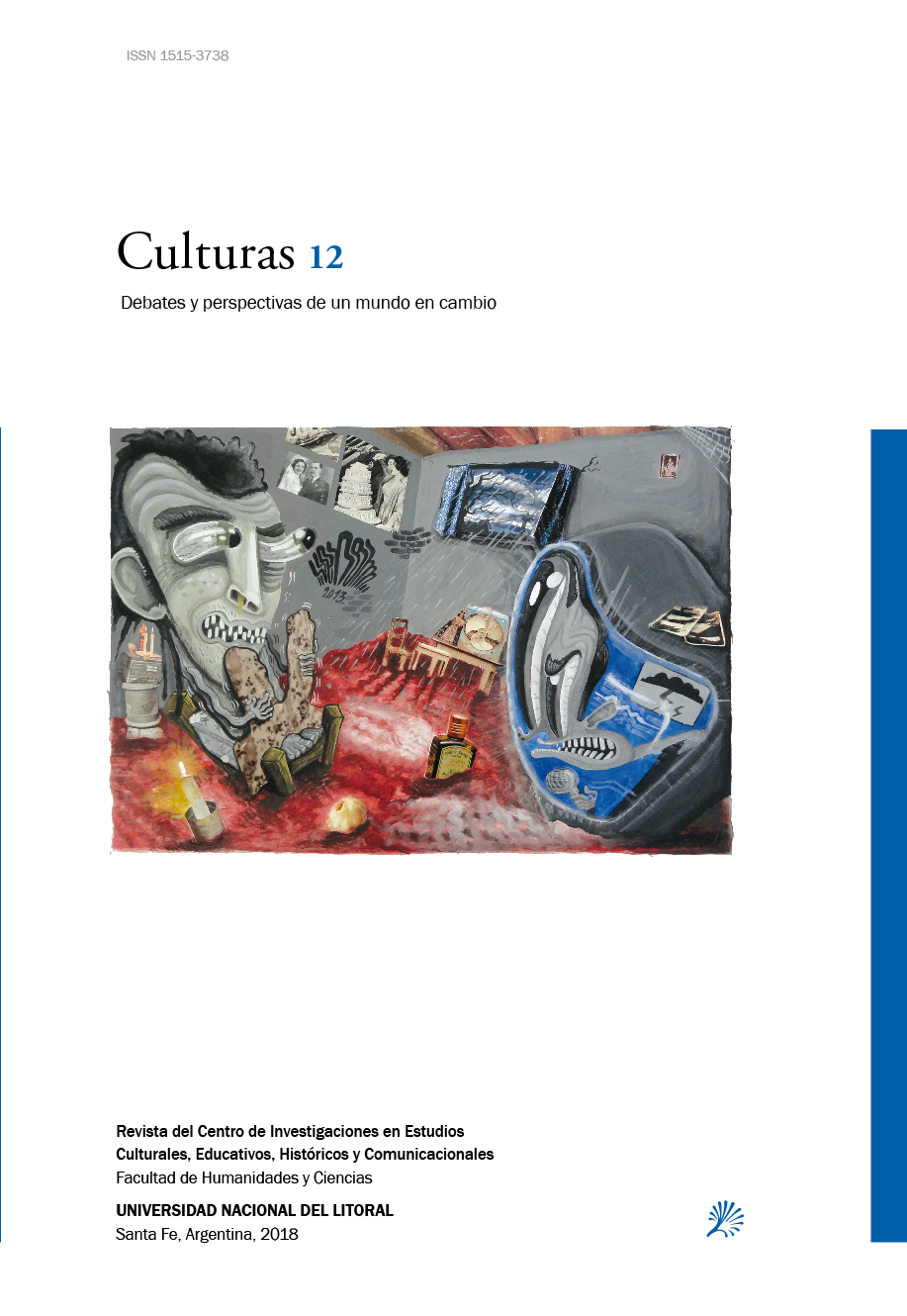The appropriation of footage and its implications for the perspective of gender in the documentary Con la pata quebrada
en el documental Con la pata quebrada (Diego Galán, 2013)
DOI:
https://doi.org/10.14409/culturas.v0i12.7797Keywords:
Spanish cinema, gender studies, female role models, stereotypes, femme fataleAbstract
This paper analyzes the appropriation of archives in the compilation documentary Con la pataquebrada, which allows us to see the various positions that women have occupied in Spanish films from the thirties to the dawn of the twenty–first century, as well as the discourses produced about them in these films. This work considers how the film fulfills its manifest intention of showing the underlying chauvinism in some dominating representations of femininity, in particular when it underlines the perpetuation of arquetypes such as the femme fatale which is part of a Manichaean vision of femininity. On the other hand, this research also highlights the elements that contradict the project of criticism of Iberianchauvinism, notably when the film reveals the conception of the female body as spectacle and its instrumentalizationfor political purposes which characterizes many productions of the seventies. Thus, it is possible to show the film’s tendency to ambiguity and its counterproductive effects.






